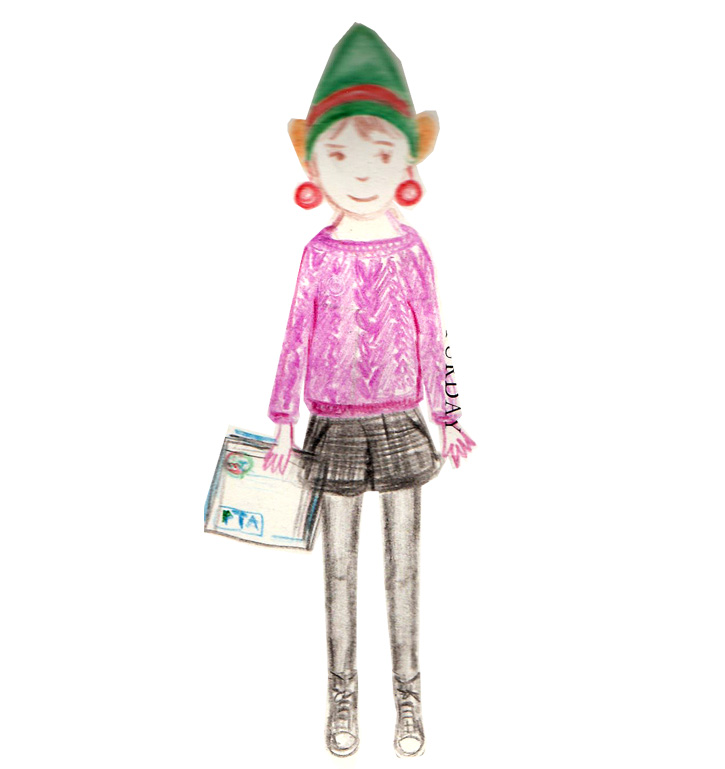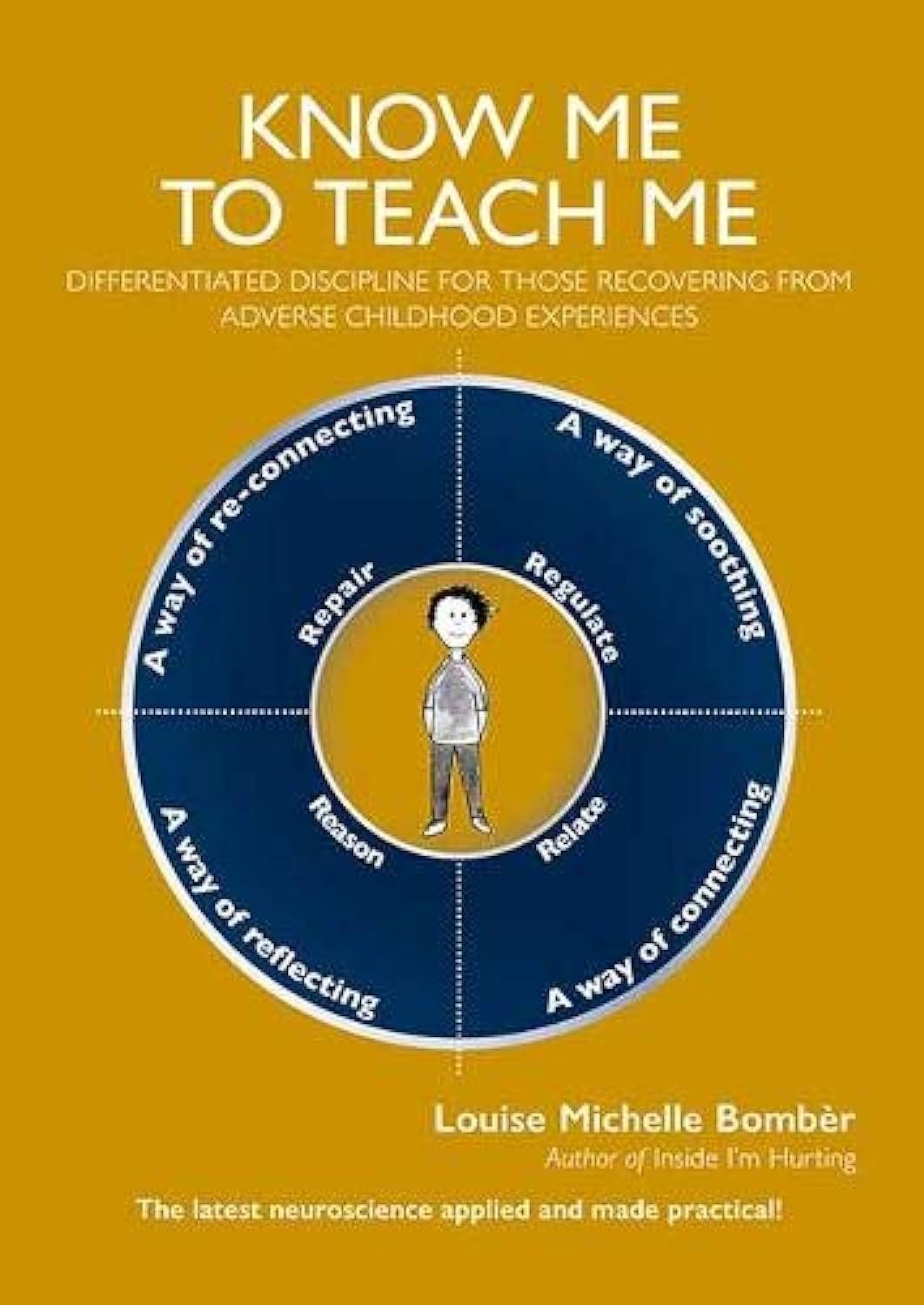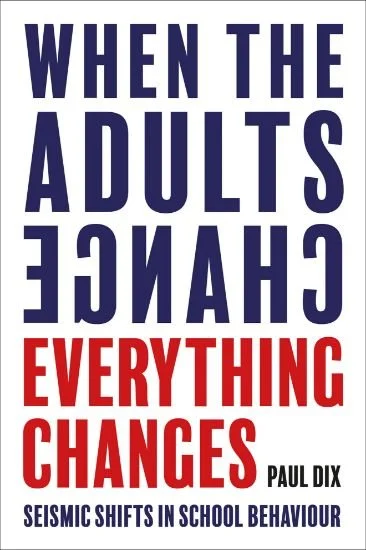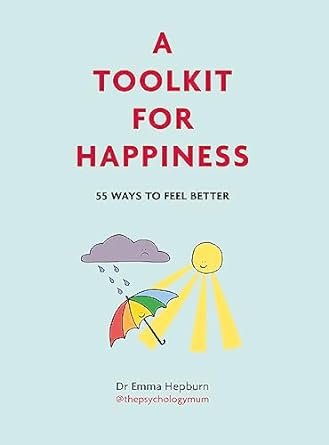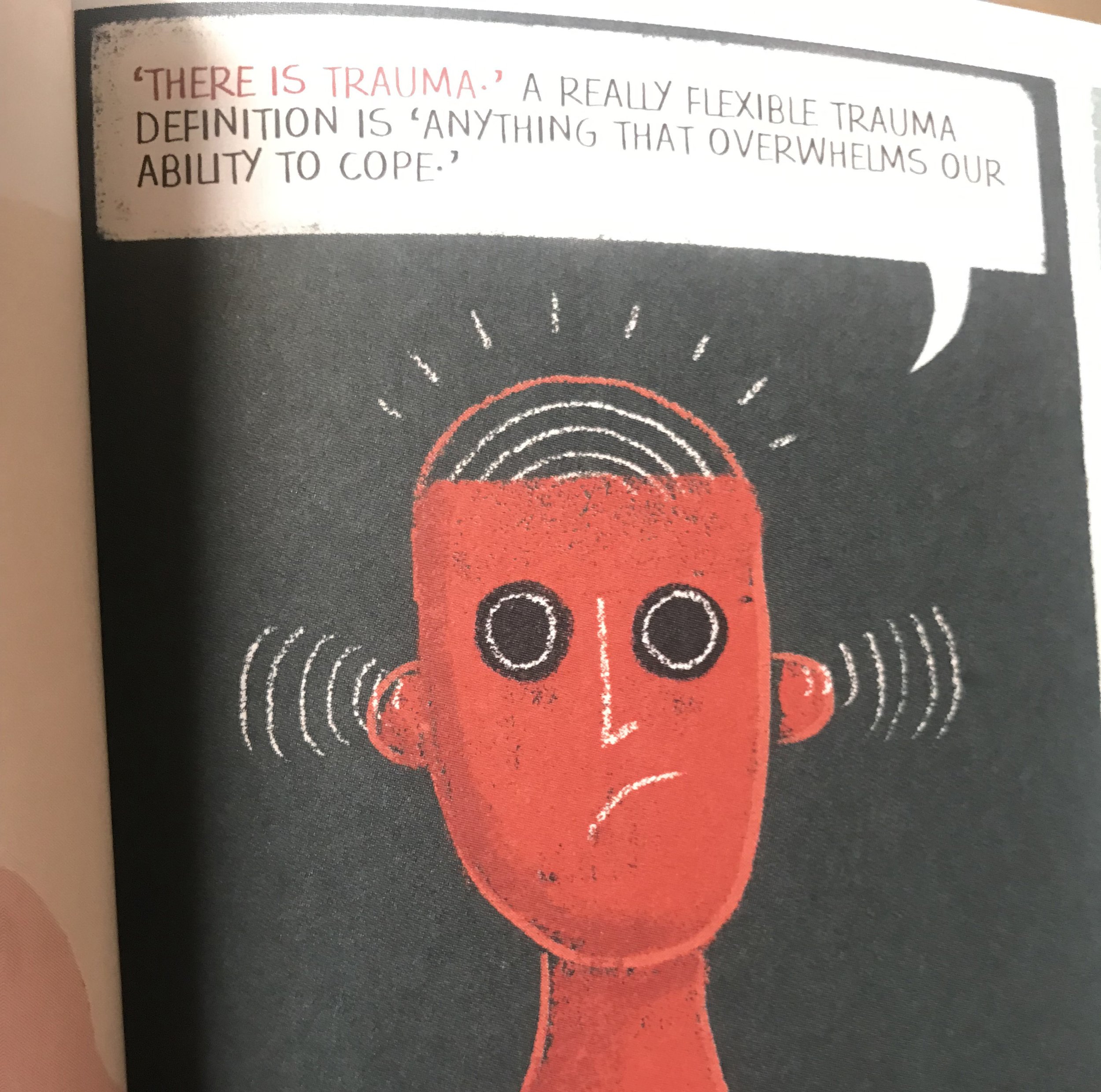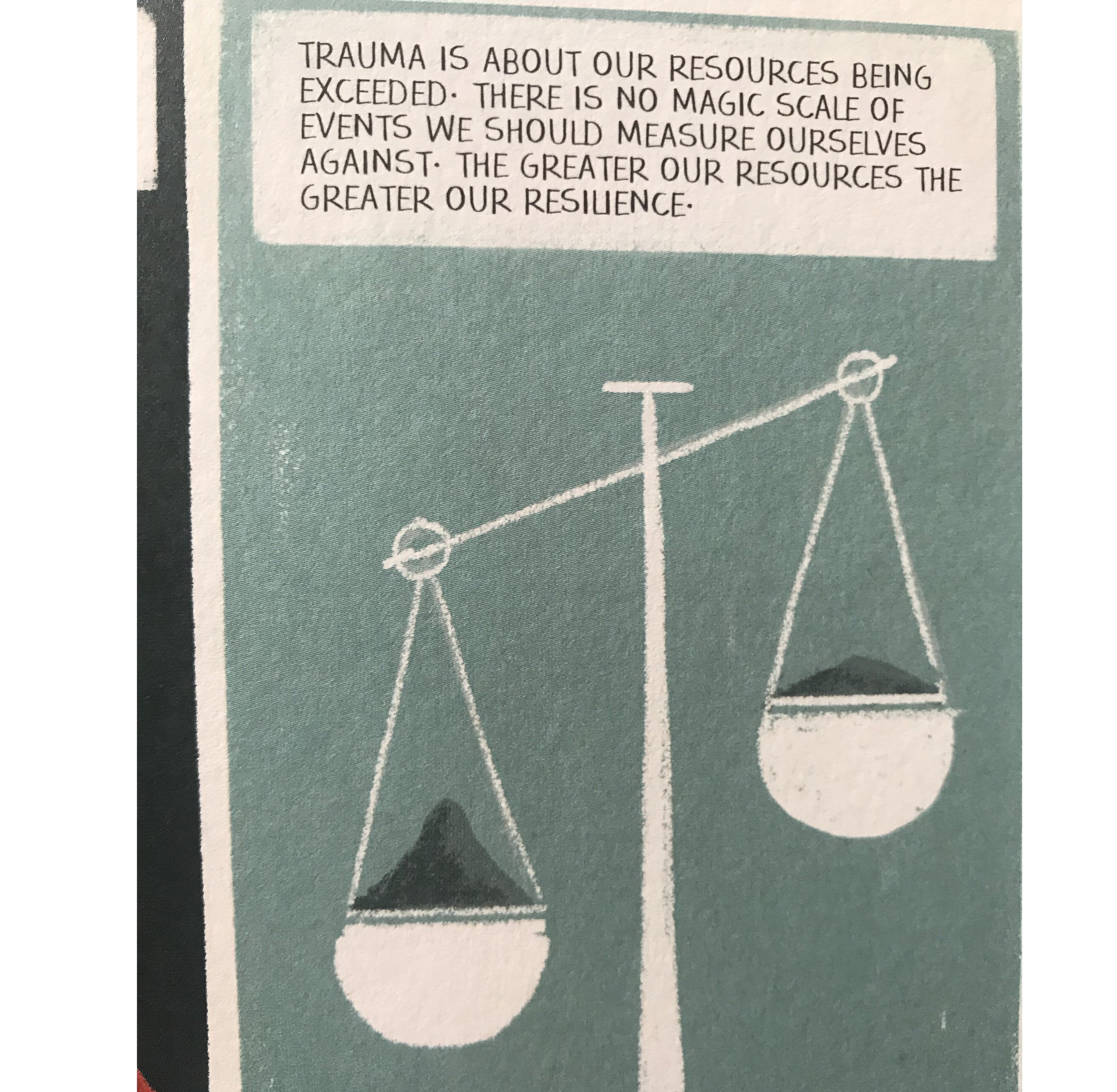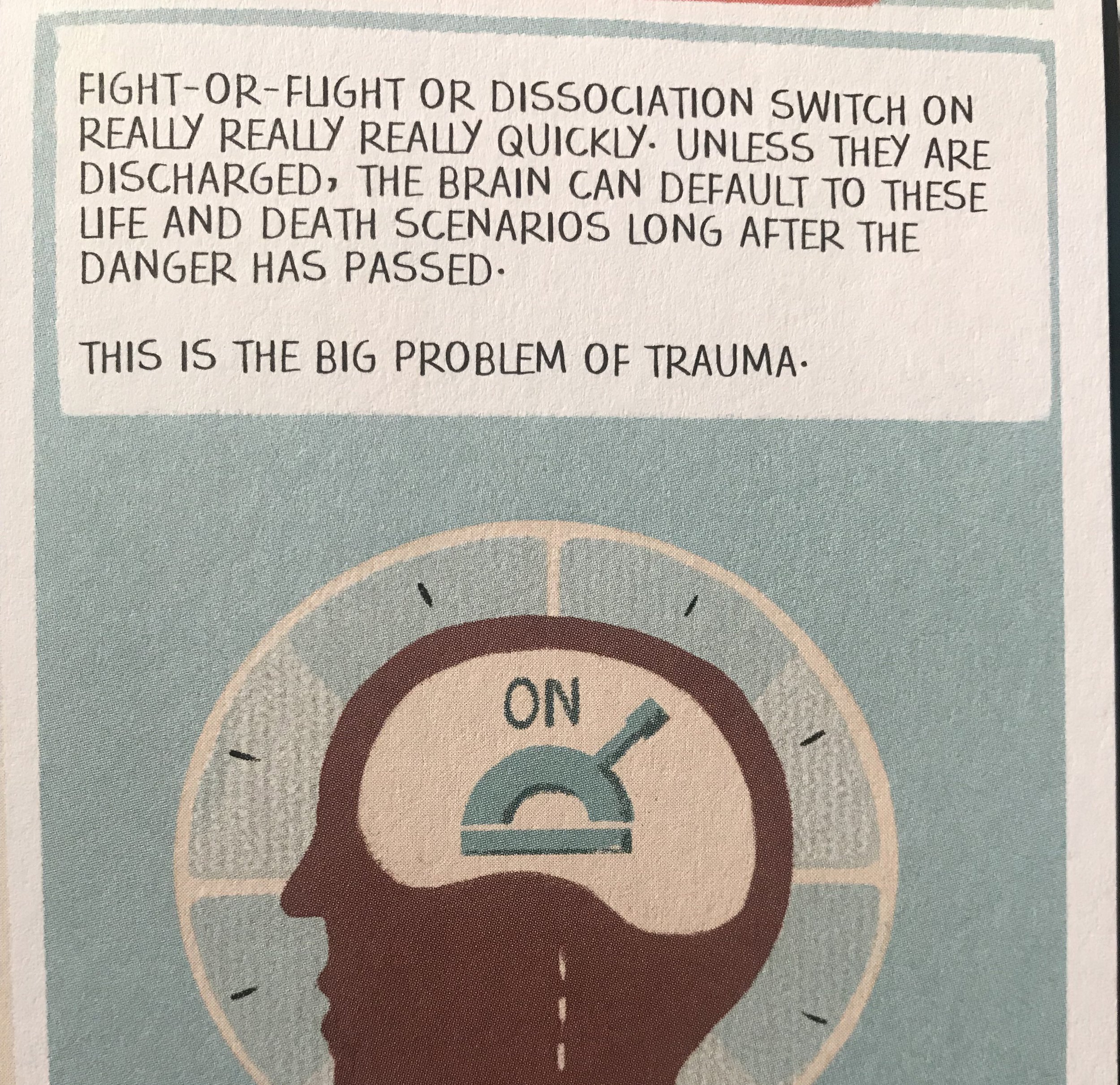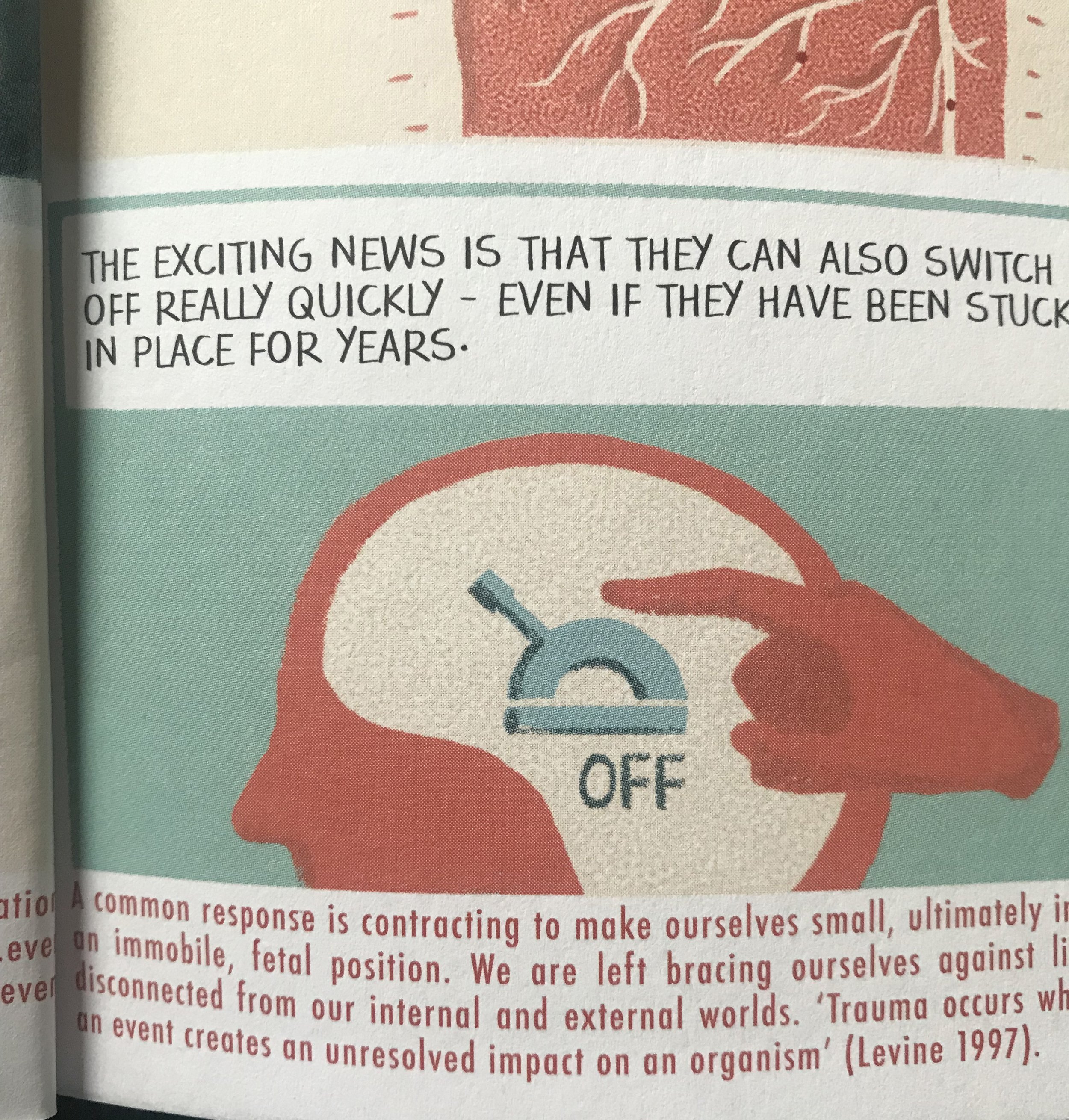I read quite a lot of fiction and share occasional very informal reviews on my Instagram page. I find reading non fiction harder and will usually listen to a podcast or perhaps an audio book if there is a non fiction book I’m interested in reading. Recently I have read some attachment/neurobiology books which I have found really accessible and useful.
Know me to Teach Me – Louise Michelle Bomber
I worked with Louise last year making some illustrations for Touch Base based on quotes from this book. I found the book really clearly written and a fantastic insight into trauma based practice. Louise explains the neurobiology behind children’s behaviour and explores different approaches to supporting them. I think it should be a must read for teachers. I found it a learning curve even as a teacher who has some knowledge of trauma informed practice. The book takes an unflinching look at how schools should and must become better places for children who have experienced trauma.
https://www.amazon.co.uk/Know-Teach-Louise-Michelle-Bomber/dp/1903269407
If you want to hear Louise Michelle Bomber speak about her work on the Trauma Informed Education Podcast (which I’d recommend) https://soundcloud.com/trauma-informed-education/differentiated-discipline-with-louise-michelle-bomber
When The Adults Change Everything Changes - Paul Dix
We were all given this book at the school I teach at to read over the summer. It is very much a book for teachers although Paul Dix also has another book called When the Parents change… which I haven’t read. This is a readable and accessible book. It has short chapters with clear headings, and they follow the same format, addressing the issues, an anecdote (some slightly random!) and then a summing up at the end under these headings – Testing, Watch out for, Nuggets. I read this as a book about attachment theory in the classroom but actually it isn’t really mentioned. The focus of the book is relational practice. I would have liked to have seen more about neurobiology and attachment theory discussed, I think the science behind our behaviour can really hook people in as it is based on facts and research rather than opinion and experiences. There are lots of things in the book you can easily try in the classroom, ideally this is something the whole school would buy into but I think some strategies could still be really impactful on an individual level. For example names on the board for positive behaviour is a technique I had forgotten about over the last few years of teaching but started doing consistently last year before we made it a whole school approach and it has an immediate positive impact. The chapter on scripts is also really useful and helps you to feel like you have some control in a situation while still remaining calm (mostly!) Paul Dix has been interviewed by a number of podcast which will give you an idea about When the Adults Change…
A Took Kit for Happiness - Dr Emma Hepburn
I bought this book after a conversation with a friend about what it means to be happy and if it is important. It is such an abstract concept and means something different to everyone. I think it’s easy to assume happiness is something that just happens but sometimes we have to work quite hard for it. The book is cleverly illustrated. I am always interested in how people illustrate abstract and complex ideas.
The Author Dr Emma Hepburn is a psychologist and a parent, so the book has lots of neurobiology in it which I find really useful. It is good to have rational facts when our emotions can be so irrational! The book includes exercises/worksheets you can use. I didn’t do this, but I have some bookmarked to come back to. I think this book might be well received by teenagers, it is non-judgemental and helps you step back from your emotions rather than feel bad for experiencing anger or sadness.
You can follow Dr Emma Hepburn on instagram @thepsychologymum she has two other books
A Toolkit for Modern Life and A Tookit for your Emotions.
Trauma is Really Strange – Steve Haines illustrated by Sophie Standing
This is a graphic novel written by Steve Haines who has worked in healthcare for 25 years and illustrated by Sophia Standing. The illustrations are brilliant at showing what is happening in our brains when we experience trauma and how that might make us feel. This book also looks at the history of neurobiology and explains how scientists have learnt more about our brains. There are quotes and references at the bottom of each page. There is also an excellent bibliography at the back of the book. A good introduction to trauma for anyone who has experienced trauma or who is working with children or adults who have. I hadn’t come across the idea of orientation being an amygdala reaction before and found that concept useful and something I have definitely observed in a classroom. I’ll be recommending this one for our school CPD library.
